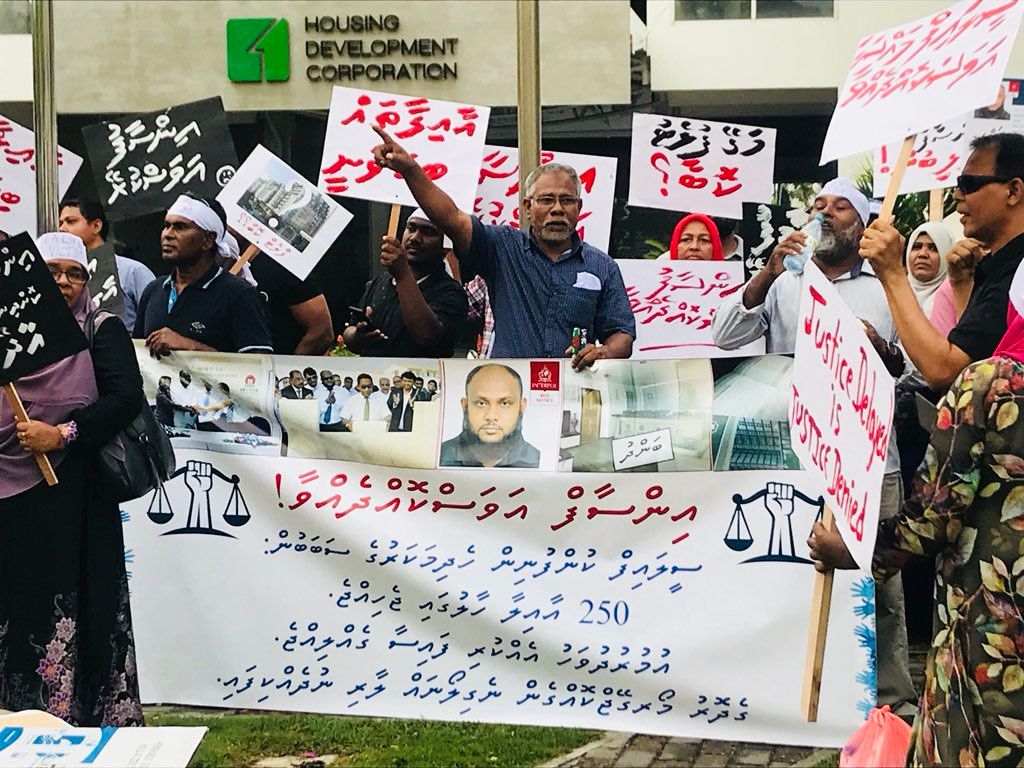Government foots settlement bill for victims of SeaLife flats scam
An out-of-court settlement was reached to compensate 203 buyers.

16 Jul 2019, 09:00
The Maldivian government on Monday signed an out-of-court settlement agreement to refund clients scammed by a private real estate developer.
SeaLife Global was sued in January by 203 people who paid thousands of dollars in booking fees and advance payments for apartments that were never built.
It was the largest class-action lawsuit in Maldives history.
According to Mihaaru, the government agreed to deduct the compensation from US$12 million owed to SeaLife in a separate matter over the cancellation of a project signed seven years ago. A resettlement agreement to pay US$12 million to the company was signed by the previous administration in February 2018.
Become a member
Get full access to our archive and personalise your experience.
Already a member?
Discussion
No comments yet. Be the first to share your thoughts!
No comments yet. Be the first to join the conversation!
Join the Conversation
Sign in to share your thoughts under an alias and take part in the discussion. Independent journalism thrives on open, respectful debate — your voice matters.




